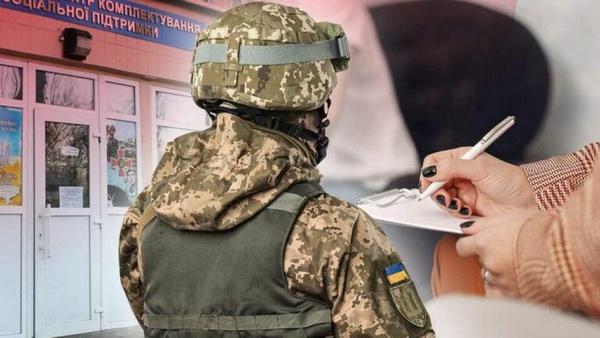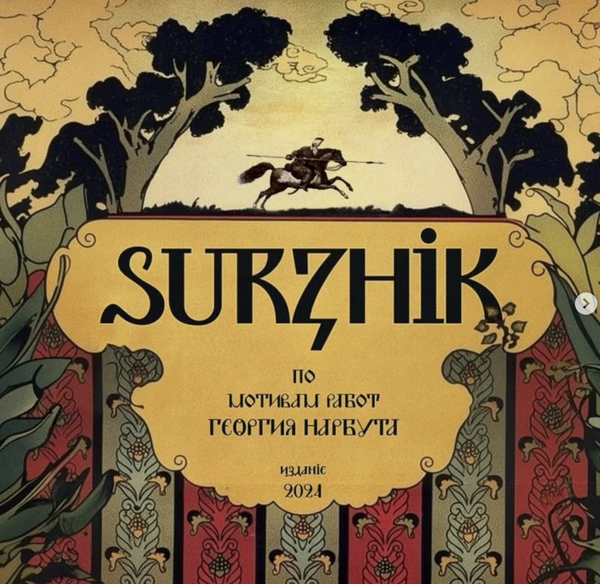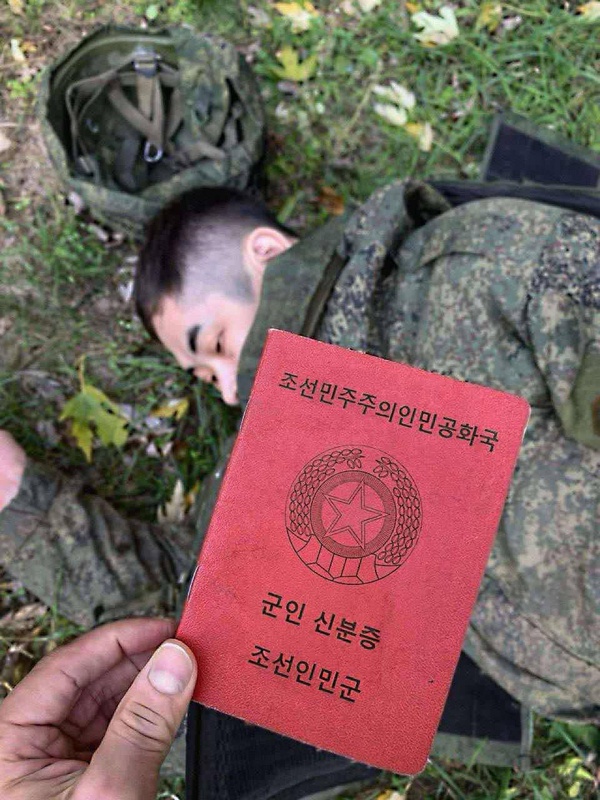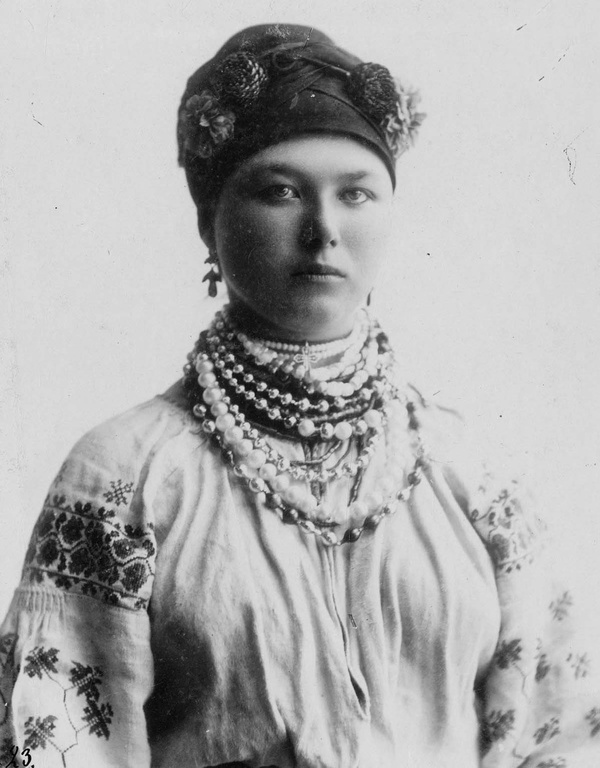Russian propaganda spins a fake story around a Ukrainian documentary winning an Oscar

On the night of March 11, “20 Days in Mariupol” directed by Mstyslav Chernov clinched the Academy Award for Best Documentary Feature. Mstyslav Chernov, along with photographer Yevhen Maloletka and producer Vasylisa Stepanenko, worked for the Associated Press, and had spent 20 days in Mariupol capturing the events in the city since the onset of the siege.
As the sole international journalists on the ground, they managed to document and show the realities of life in Mariupol after the russian invasion. From the shelling of a maternity hospital to the loss of innocent lives, including children and adults, to doctors working in dire conditions without painkillers, the shelling of residential buildings by “Z”-painted tanks, mass graves of civilians — their lens captured it all. The film is very painful to watch, but as the director aptly puts it during the film, “it should be painful to watch.”
This documentary not only secured the prestigious BAFTA award, Britain’s equivalent of the Oscar, but also earned the US Directors Guild Award. However, it was the Oscar win that truly solidified its place in the cinema community.
This marks the first time a Ukrainian film has ever won an Oscar since the commencement of the awards. The film shows evidence of russian war crimes, so as soon as the hosts opened the envelope and announced the name of the winning film, the russians became hysterical.
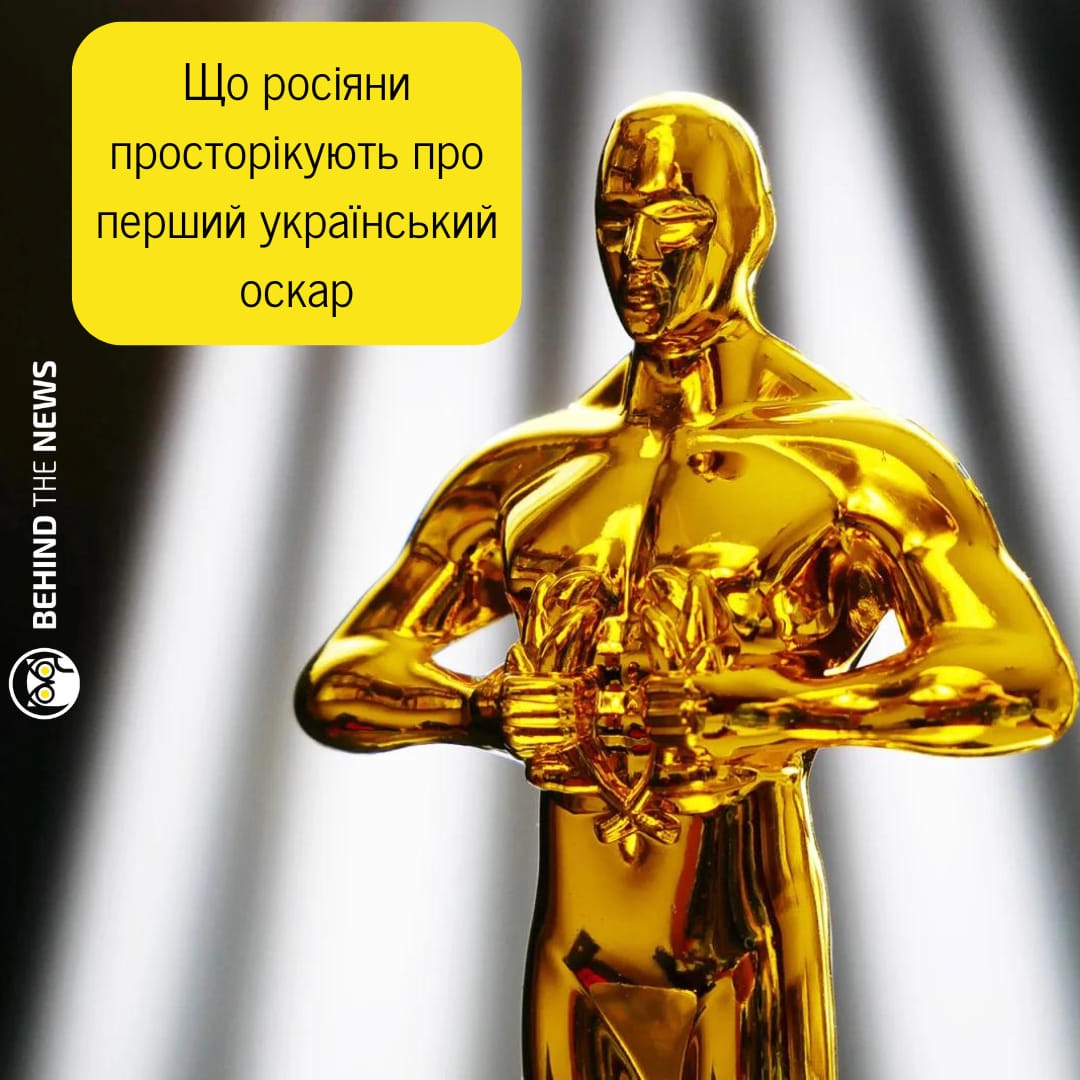
Silence
Certain russian media outlets, amidst their coverage of the 96th Academy Awards, carefully detailed every aspect of the event, deliberately skirting around the topic of Ukraine. Instead, they focused on the glitz and glamour, showering attention on the attending stars. Some, like Ren TV, went as far as presenting a comprehensive list of winners, applauding achievements even in sound and special effects. However, conspicuously “forgotten” was the Best Documentary category. Silence, a tactic well-known in manipulation, effectively conceals facts from the audience, particularly regarding russian war crimes.
- Nothing to comment on
Others opted for the narrative that the event hardly warranted attention. Numerous pro-kremlin media platforms churned out articles quoting putin’s spokesperson, who nonchalantly stated that the kremlin deemed the Ukrainian documentary’s Oscar win unworthy of commentary. Yet, this approach backfired, akin to a meme where someone pursues another for kilometres only to claim indifference upon arrival. This nonchalance only served to amplify interest in the film.
- The Oscar goes to a film “full of fakes”
The russians, upset by the prospect of having their military actions – shelling civilian targets and killing civilians – widely covered in the West, swiftly resorted to their favourite maneuver: disavowing any culpability for civilian casualties and shifting the blame for their crimes onto Ukrainians.
The notion that the documentary “20 Days in Mariupol” was “crafted from fabricated scenes” is a favoured refrain among propagandists. However, there’s no unanimity among them. Some assert that the alleged shelling of the maternity hospital and footage of pregnant women were staged. They point to the viral image of a woman in labour amidst the ruins, identified as beauty blogger Marianna Vyshemyrska, as evidence. Others say that while there was indeed shelling, it was directed at “the firing positions of the Ukrainian Armed Forces,” prompting hospital staff to evacuate. Another version pins the assault on the maternity hospital on “Azov” fighters.
By the way, Marianna Vyshemyrska, a victim of the russian attack on the maternity hospital, now resides in moscow, actively championing putin’s cause. In propaganda circles, she’s hailed as the “Mariupol Madonna.” Speaking to russian media, she dismissed both the film and its accompanying ceremony as “Western propaganda” and a “parade of hypocrisy.” According to her, she has more pressing matters at hand, such as her work for the pro-kremlin Rodina Foundation.
- The Award is discredited as it’s politically biased
Russian propagandists decried the Oscars as a politically charged spectacle, insinuating that the award was inevitably tilted in favour of Ukraine. According to the Inosmi portal, known for purportedly translating foreign publications, Al Jazeera highlighted how political agendas infiltrated the Oscars, because “one of the awards went to an anti-russian film”. The portal further reported that “Politics are a topic of discussion at tonight’s awards, with references to issues such as the wars in Gaza and Ukraine, the ongoing threat of nuclear weapons and women’s rights.” Of particular interest to propagandists was a snippet from Mstyslav Chernov’s acceptance speech, in which he stated: “I wish to be able to exchange this [the Oscar] for russia never attacking Ukraine, never occupying our cities,” a remark that evidently angered the propagandists.
However, accusing the Oscar organizers of a pro-Ukraine bias would seem unfounded, if not outright misinformed. In 2023, the American Film Academy declined to air Volodymyr Zelenskyy’s address during the ceremony. Moreover, this year, the nomination for Best Feature Documentary was conspicuously omitted from the abbreviated international TV broadcast, where “20 Days in Mariupol” emerged victorious. Yet, in contrast, last year’s shortened version of the same nomination accommodated a spot for a film that documented Navalny’s story, alongside his wife’s political address. In light of these disparities, the Suspilne team expressed their indignation to this year’s award organizers, The Walt Disney Company Limited.
- Nazi slogans echo at the Oscars
russian propagandists recoiled at Mstyslav Chernov’s closing words, “Glory to Ukraine!” during his Oscar acceptance speech. To them, this phrase resonates with the slogans of the OUN “Nazis”. However, historical records trace this slogan back over a century, originating with the Ukrainian People’s Republic in 1918. Some researchers even suggest its roots reach into the late nineteenth century. In 1941, the OUN augmented the slogan with the obligatory response, “Glory to the Heroes!” Since 2018, it has been adopted as a formal greeting by the Armed Forces and the National Police of Ukraine. Today, this national slogan enjoys widespread usage, even among foreigners, symbolizing solidarity with Ukraine. By disseminating the fake notion of “Nazi slogans,” propagandists reaffirm their disdain for all things Ukrainian, reducing expressions of Ukrainian patriotism to a display of “Nazism.”
- There are no analogues
russian cultural figures, seemingly indifferent to the award bestowed upon the Ukrainian director, have begun talking about the creation of “their own Oscar and their own Nobel Prize.” Notably, Ukrainophobe writer zakhar prilepin proposed a collaborative effort on creating this award with China, Africa, Latin America, India, and a couple of European countries, because “they’re fighting against us on all fronts”.
Meanwhile, dmitry medvedev emerged from his alcoholic delirium to declare that “the moment has come” to produce films about the war, emphasizing the need to “celebrate our heroes and their exploits.” Evidently, russia aims to soon project its own version of events onto the world stage through forthcoming films and literature. This underscores the involvement of “russian culture” within the state propaganda apparatus, a force as dangerous as any arsenal of weapons.
In general, the examination of propaganda fabrications underlines our good fortune (though the term may seem inappropriate) that Mstyslav Chernov and his colleagues were present in Mariupol, capturing such footage amid the chaos of war. Without their efforts, the world may have remained oblivious to the relentless destruction inflicted daily upon Mariupol by the russian army, inundated instead by a deluge of russian lies.
For those who have not yet seen “20 Days in Mariupol,” the film is returning to Ukrainian cinemas. Scheduled screenings will take place in Kyiv, Lviv, Dnipro, Kharkiv, Chernivtsi, Odesa, and Vinnytsia. Additionally, it is slated to be available for online viewing on Ukrainian streaming platforms starting March 21 ![]()
Prepared by Aliona Malichenko.



